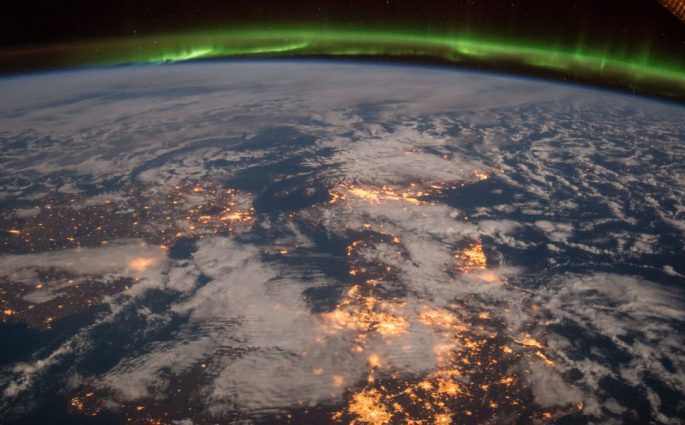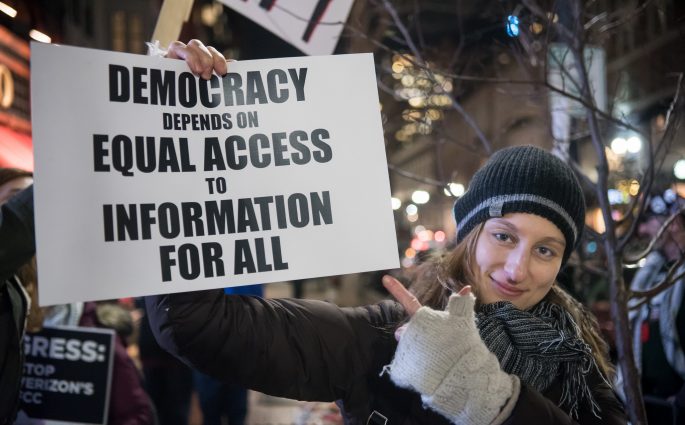Nine Steps to a Sustainable Future
In our new book A Better Planet, leading environmentalists present long-term solutions for a sustainable future amid our ecological crisis. The forty essays advocate a bipartisan program and cover topics like forestry, agriculture, data, public health, natural disasters, and city planning. We’ve selected excerpts from nine of the essays that










